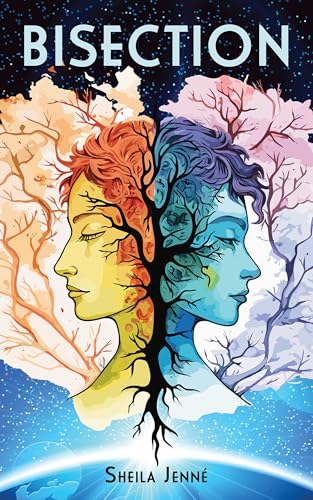What do you think?
Rate this book


390 pages, Kindle Edition
Published February 6, 2024
"We were living the same life, why did we see such different things?"~Bisection, p. 266
"[...]we need both thinkers of thoughts and dreamers of dreams."~Bisection, p. 238